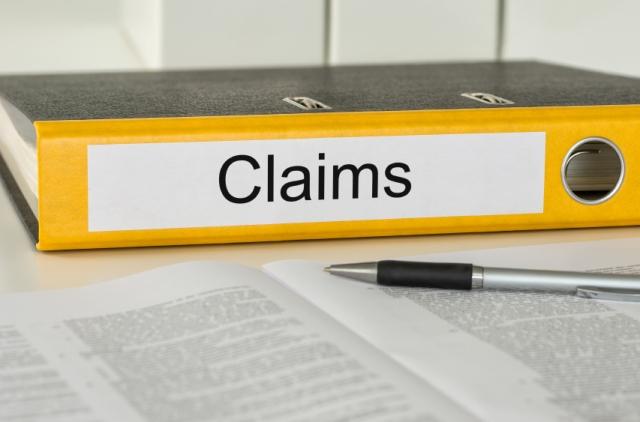Making an Insurance Claim Against an At-Fault Driver
If you have been injured because of someone else’s negligence or recklessness, you may have the right to make a personal injury claim. A claim against the at-fault driver is usually paid by his or her insurance company – this type of claim is known as a “Section A” claim. More than 95% of these claims are settled without going to court.
How do I proceed with a personal injury claim?
You should retain a lawyer who specializes in personal injury litigation and ensure your lawsuit is filed within the accident claim deadlines in your province. While it is technically possible to do this without a lawyer, the process would be extremely difficult for somebody without legal knowledge and experience in the field. At the very least, you can get a free legal consultation to explore your legal options.
What can I claim from the at-fault driver’s insurance?
The goal of compensation is that you are supposed to be no worse off than if the injury or accident never happened. It should restore what you have lost, or offset the difficulties caused by what can’t be restored. As such, you can claim compensation for the following:
- Your pain and suffering
- Your loss of quality of life
- Your loss of past and future income and ability to earn income
- Your health care expenses
- Your housekeeping and home maintenance expenses
- The effect of the accident on your family relationships
- Your loss of future earning capacity and your loss of competitiveness in the workforce
Starting the injury claim process
The injury claim process begins by notifying the insurance company that you intend to make a claim.
The insurance company will want information, but it is important that you not provide them written statements or sign any forms until you speak with a lawyer. Any information you give the insurance company can be used against you when you make a claim.
It’s important to gather evidence to support your claim. This can include photos, written statements from witnesses, police records, medical records, and written reports from your doctor and other experts needed to prove your claim.



